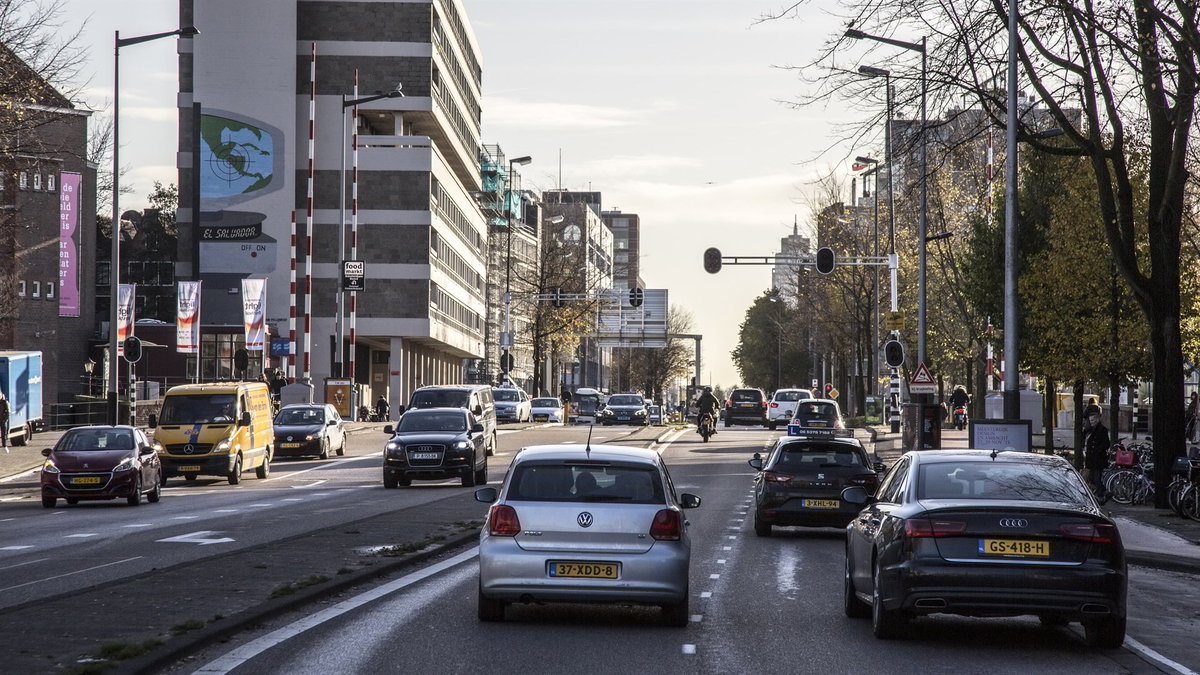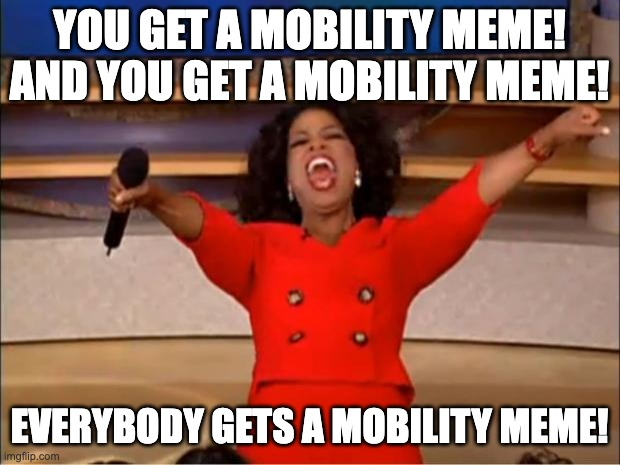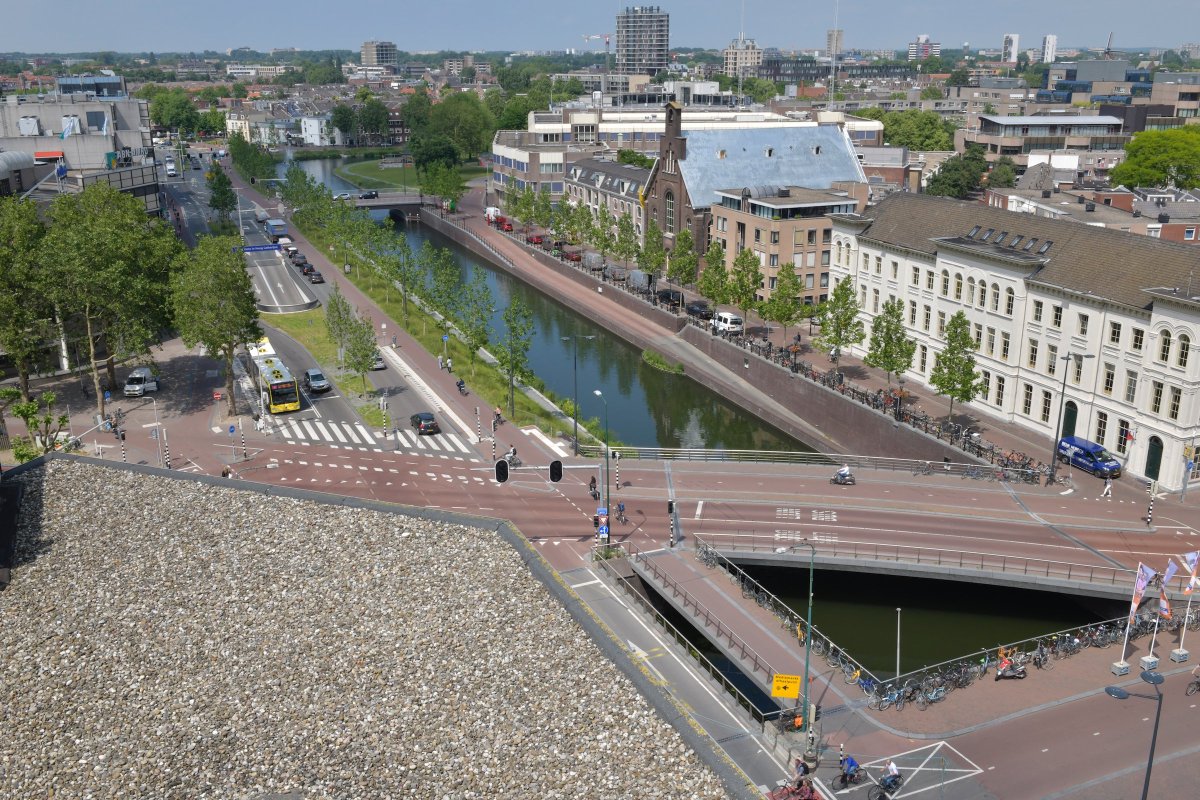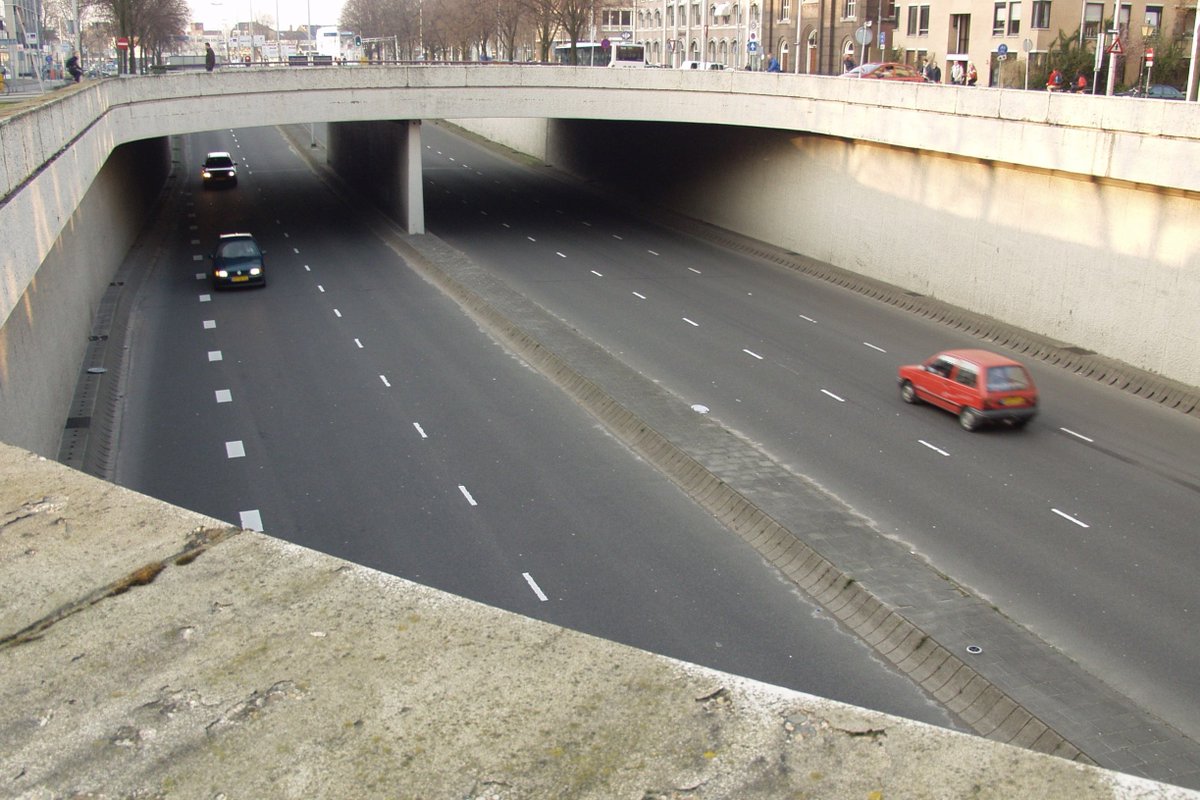After years of #carsharing, I am considering buying an #OwnCar. But before I decide, I have a few questions to confirm that this is the right solution for me. Please help me out in this thread 🧵: 

1.🎫 I heard that I have to pay extra for an #insurance for my #OwnCar. And pay to have an annual inspection done. That would make it very expensive. Is there a way that I can easily get around that? 

2.️👨🔧 What if my #OwnCar breaks down? I'm a smart person, but I'm not very handy. Is there a place where people can fix it for me? And do I have to take it there for repair every time? 

3. 🕰 What do you actually do with your #OwnCar when you're not using it yourself? I've gotten so used to pay-for-use that I can't imagine having to pay for the other 95% of the time !
There has to be a clever trick for this, right? guideautoweb.com/en/articles/64…
There has to be a clever trick for this, right? guideautoweb.com/en/articles/64…
4.🚘 I read on #Facebook that the owner of an #OwnCar has to arrange storage space for it himself. Is that really true?
Unfortunately I do not have such space, because my garden is already full with the toys of my kids, the lounge furniture and my barbecue.
Unfortunately I do not have such space, because my garden is already full with the toys of my kids, the lounge furniture and my barbecue.
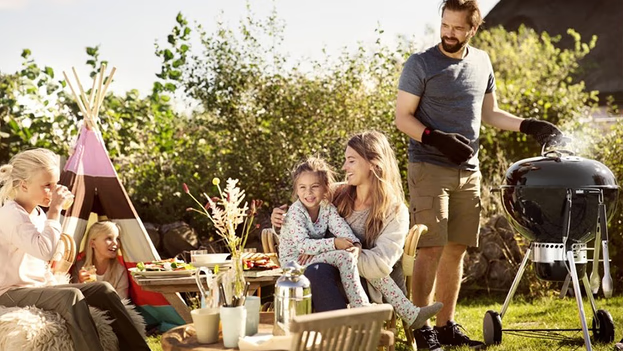
5.🤸♀️ I read that some people solve this by putting their #OwnCar in public space. What!? That's not allowed for any of my belongings! Shouldn't kids be able to play there? It would look awful if everyone started doing that and we designed residential areas completely for cars! 
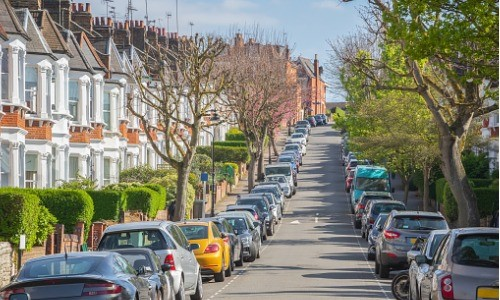
6.🤖 Are there companies that offer #OwnCars and ensure that you always have the latest technological innovations?
I now always drive state-of-the-art and I'm not going to buy something that will so quickly be outdated.
I now always drive state-of-the-art and I'm not going to buy something that will so quickly be outdated.
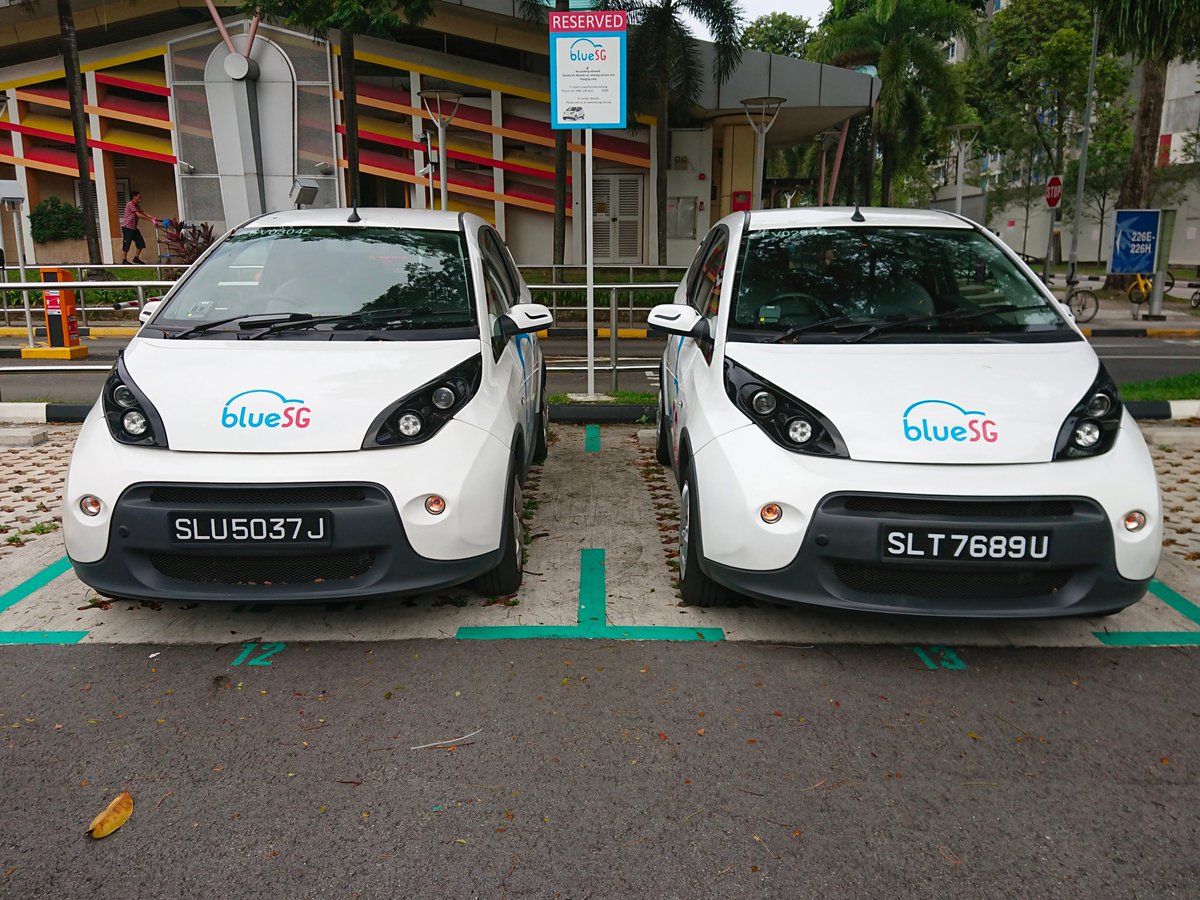
7.😒 I read that an #OwnCar causes less exercise & obesity. With #carsharing, I always consider every trip and often walk/cycle instead. A powerful incentive. How is this with an #OwnCar?
Will I be financially compensated for a lower life expectancy? globalnews.ca/news/2109435/w…
Will I be financially compensated for a lower life expectancy? globalnews.ca/news/2109435/w…
8.🏙 A professor said that if everybody has an #OwnCar would require additional parking space many times the space required for new homes. I would feel guilty.
How do I ensure that I'm not held responsible for this? Can I put 'carshare' stickers on it without actually sharing?
How do I ensure that I'm not held responsible for this? Can I put 'carshare' stickers on it without actually sharing?
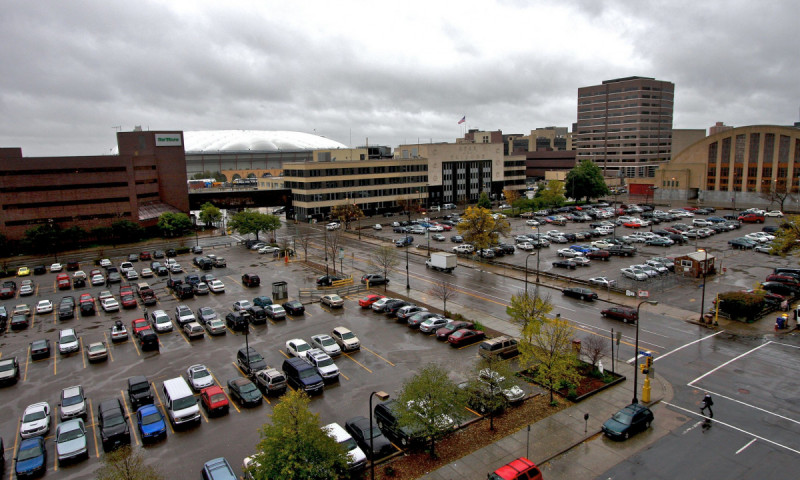
9.💪 A friend said I'd better buy 'a big car' (#SUV?) to ensure that I can do everything with it. Now I use all kinds of cars, depending on what I need.
Those big cars for all, is that efficient and safe?
Or can the size be adjusted to fit the purpose?iihs.org/news/detail/ne…
Those big cars for all, is that efficient and safe?
Or can the size be adjusted to fit the purpose?iihs.org/news/detail/ne…
10.👬 #Carsharing makes me meet others and creates a sense of neighbouring. I read somewhere that this is important for our wellbeing!
But what if everybody has an #OwnCar? How does that stimulate interaction in my neighbourhood?
Study: tandfonline.com/doi/full/10.10…

But what if everybody has an #OwnCar? How does that stimulate interaction in my neighbourhood?
Study: tandfonline.com/doi/full/10.10…
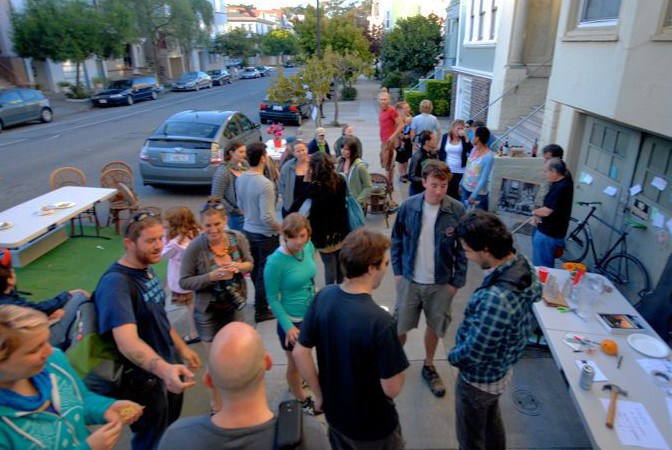
11.🧽 I recently saw someone washing his #OwnCar. Haha: It really made me chuckle! Do you think it is his hobby or does everybody with an #OwnCar have to do that himself?
What a hassle: I’m used to having this done by a professional.
What a hassle: I’m used to having this done by a professional.
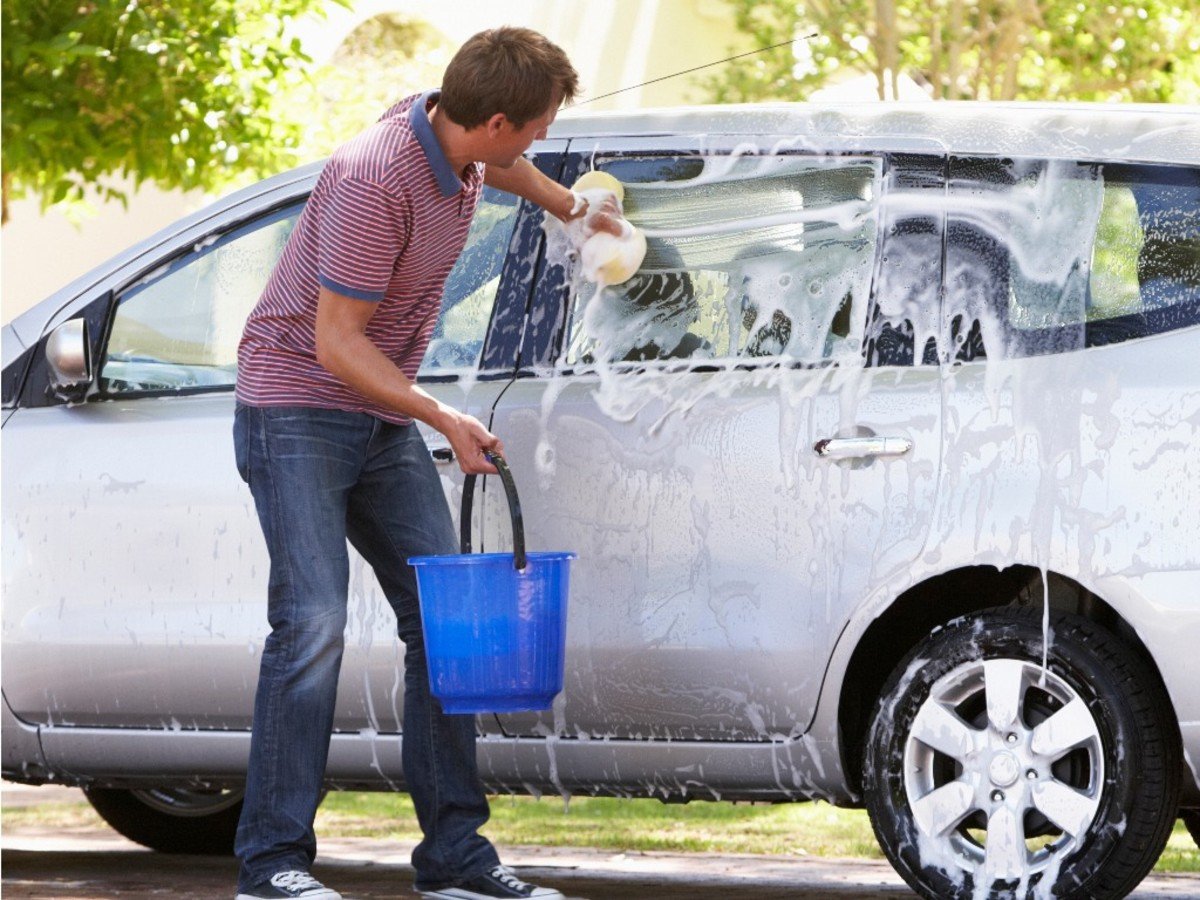
12.🌨 I seriously thought 'winter tires' was a bad joke that my friend pulled on me. But after some research it really seems that I have to change the tires of my #OwnCar in different seasons? Really? 
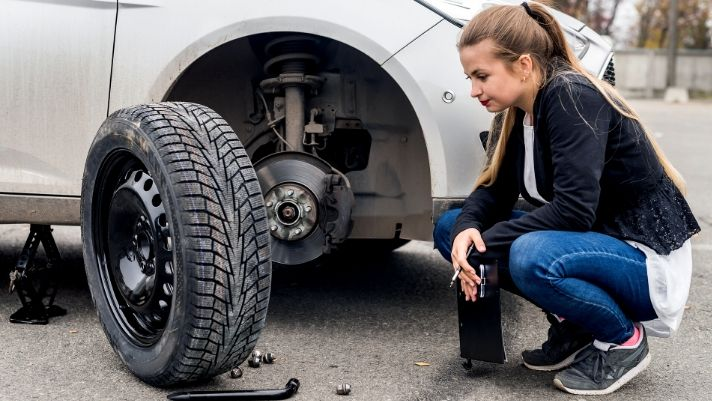
Come to think of it: this doesn't seem to add up at all!
It seems quite inefficient in financial resources and materials. It seem to put a large burden on myself and an unsustainable demand on society at large.
What am I missing here?
It seems quite inefficient in financial resources and materials. It seem to put a large burden on myself and an unsustainable demand on society at large.
What am I missing here?
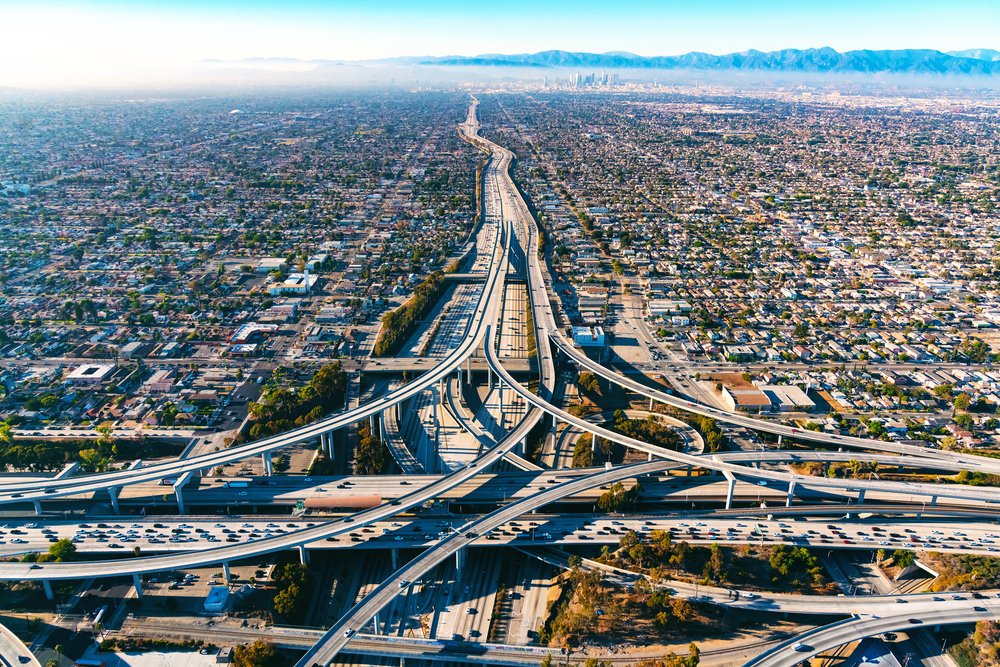
This 🧵 is a @thelabofthought production that aims to make you think about (y)our #motonormativity.
Disclaimer: If after reading you feel a need to defend our current car dependency or complain it isn't complete, don't bother! We meant to provoke and apparent succeeded than!
Disclaimer: If after reading you feel a need to defend our current car dependency or complain it isn't complete, don't bother! We meant to provoke and apparent succeeded than!
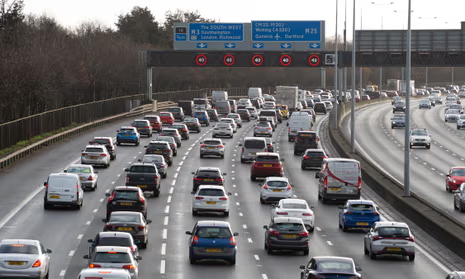
@thelabofthought @threadreaderapp unroll
• • •
Missing some Tweet in this thread? You can try to
force a refresh



